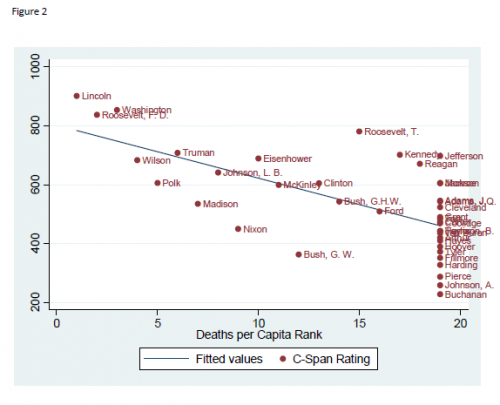Cross-posted at Global Policy TV.
A great story at the New York Times, sent in by Katrin, reveals how the evolving science of marketing is creating its own set of challengers for advertisers. Target, like many companies, tracks its customers purchases and uses the data to send packets of coupons tailored to individuals and households. In this way, they tempt us into the store by offering us deals on things they know we want.
Target is also in the business of predicting what a person will want. So the marketing company decided to try to use costumer shopping habits in order to predict pregnancy. If they could start sending the woman baby-related before she started shopping for them in earnest, the company figured, she might end up always thinking of Target when she needed to spend money on the baby.
Using an algorithm that considered the purchasing patterns typical of newly pregnant women — e.g., prenatal vitamins, scent-free instead of scented lotion, a sudden uptick in the acquisition of cotton balls — they were able to make a pretty good guess as to whether a female customer was expecting. Suddenly these women were getting coupons like this:

This caused two problems.
First was the father of the teenage girl who started getting coupons for diapers in the mail. This led to an angry phone call to Target and, later, a chagrined apology by the stunned grandpa-to-be (story here).
The second was the reaction of the intended target, the expectant moms. Some were pretty freaked out that Target knew they were pregnant! It’s one thing, it turns out, for Target to know you like vanilla better than chocolate ice cream, or you fancy scented candles; it’s different, perhaps, to suddenly realize that it knows your you’re having a baby. That could feel like a serious invasion of privacy.
So Target learned that the ability to predict our needs and desires comes with the need to do some psychological management as well. Accordingly, they began sneaking baby-related coupons into coupon books that also included other things. So far, Target reports, these women are none the wiser… and thinking of Target as their one-stop baby shop.
Lisa Wade, PhD is an Associate Professor at Tulane University. She is the author of American Hookup, a book about college sexual culture; a textbook about gender; and a forthcoming introductory text: Terrible Magnificent Sociology. You can follow her on Twitter and Instagram.







